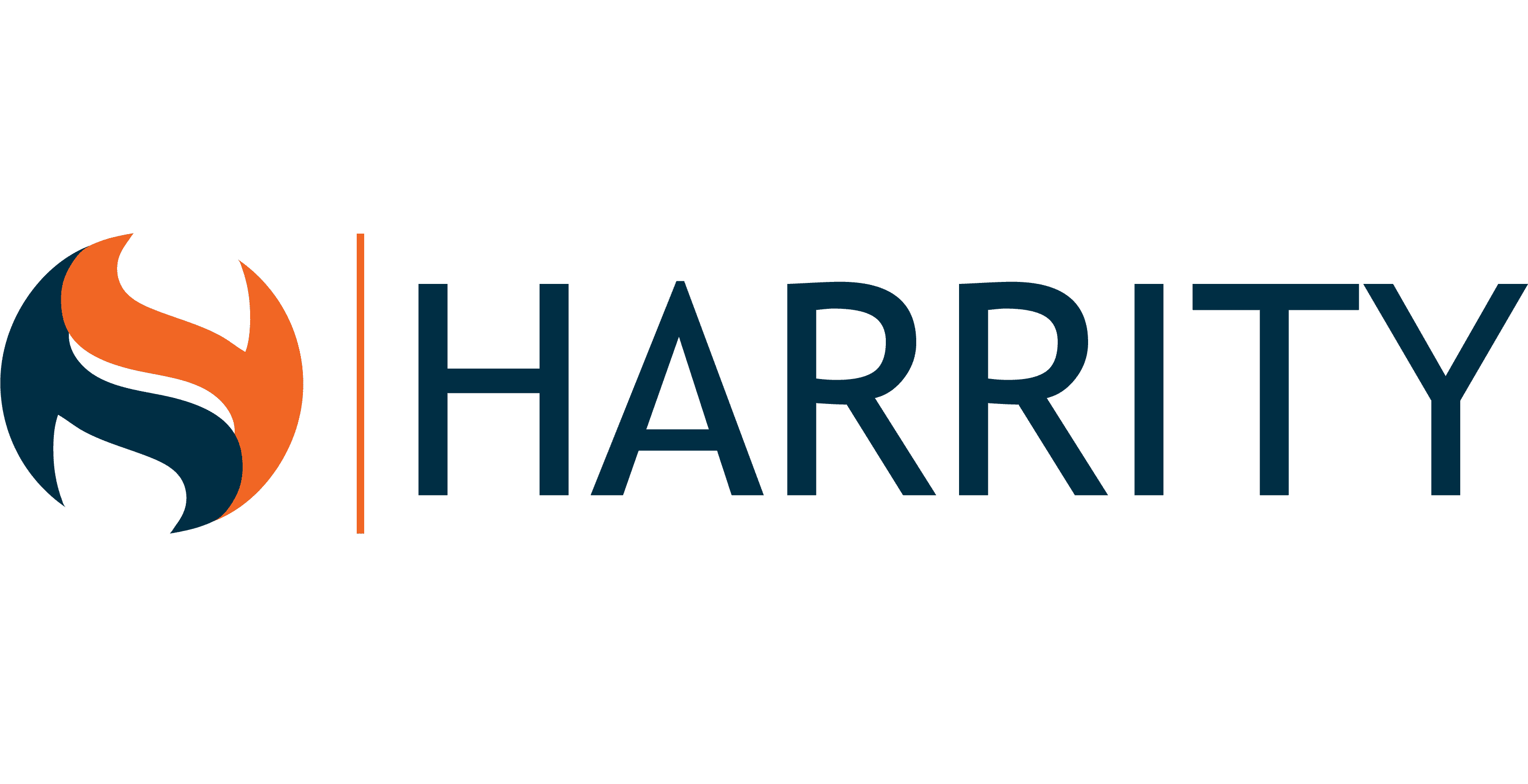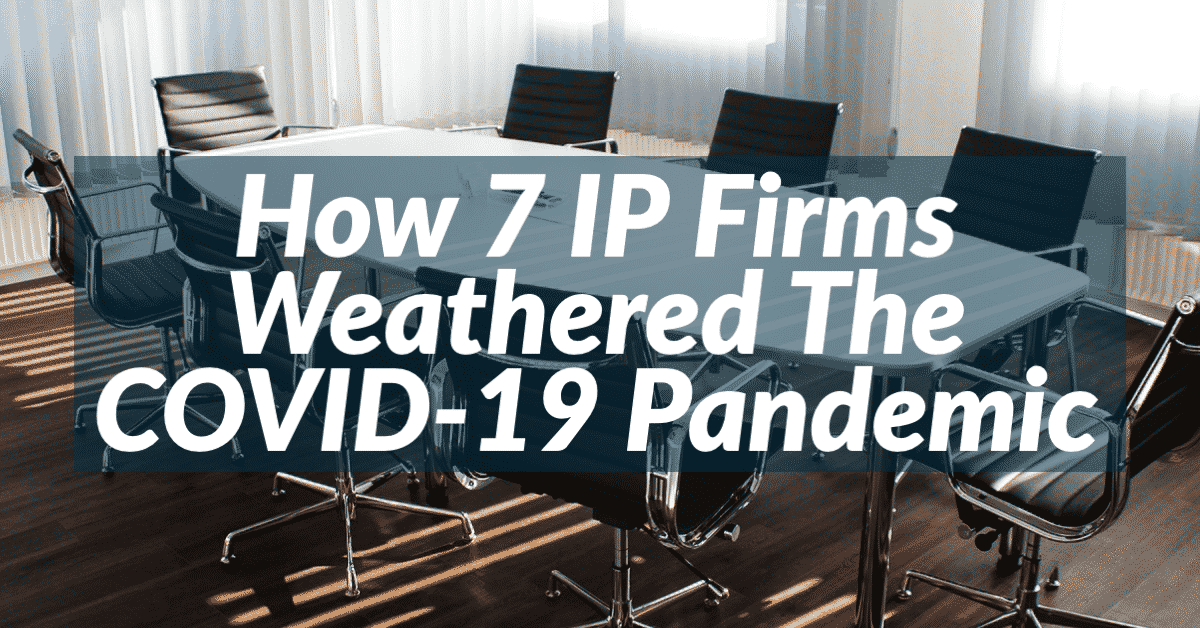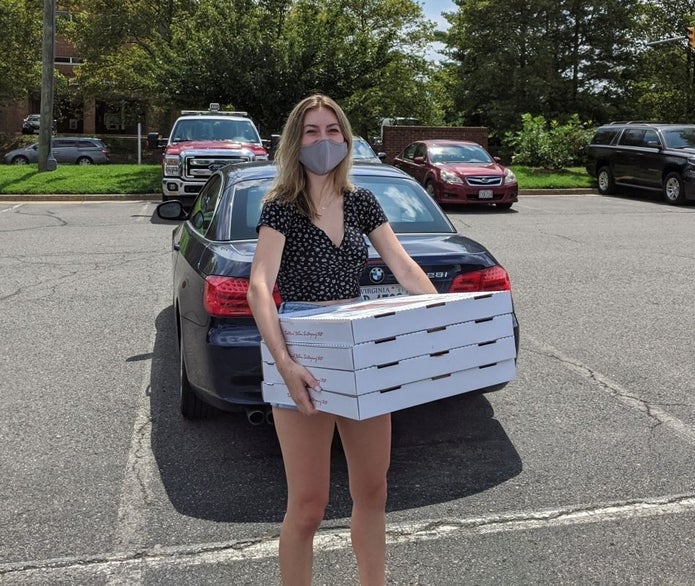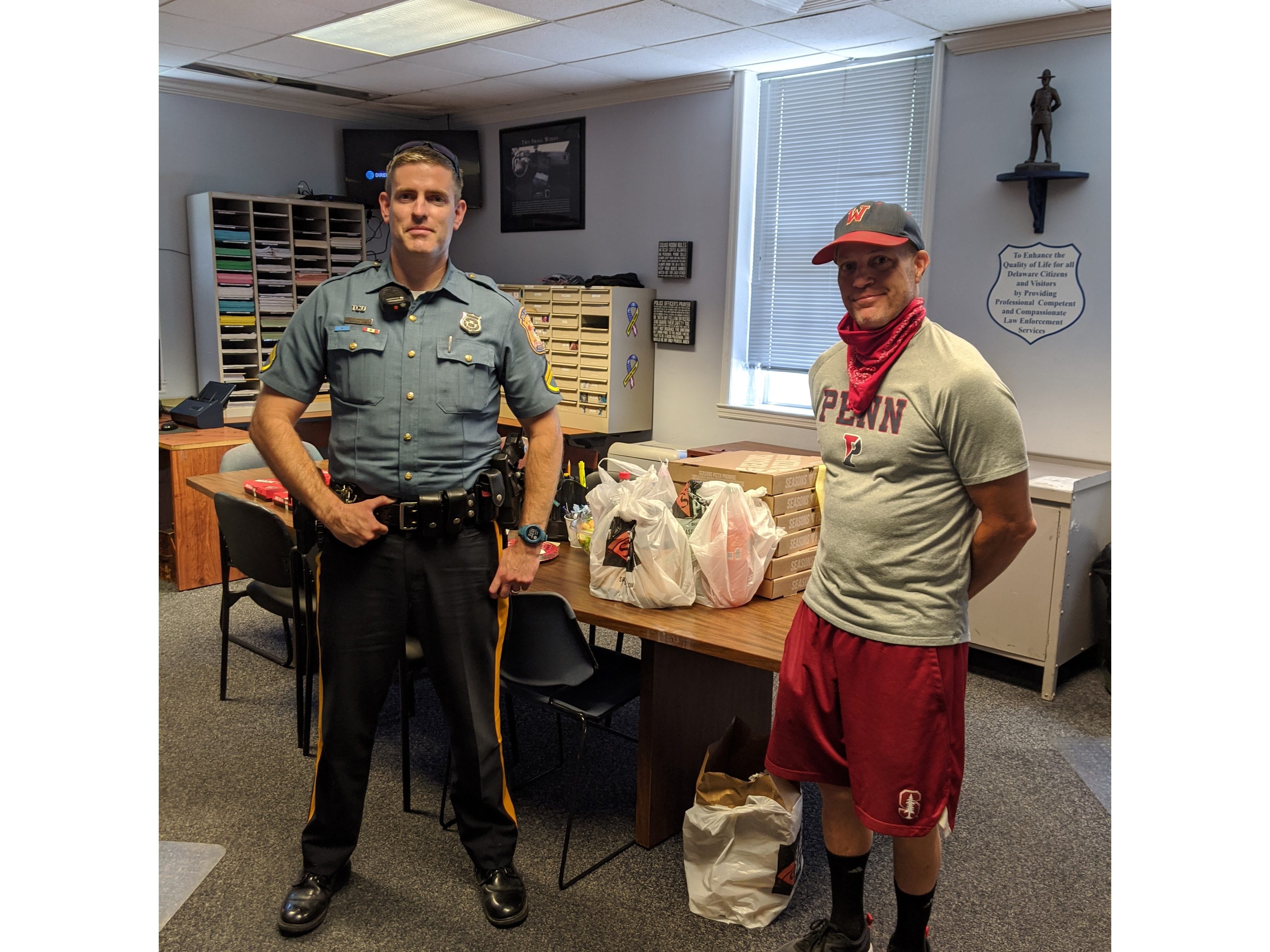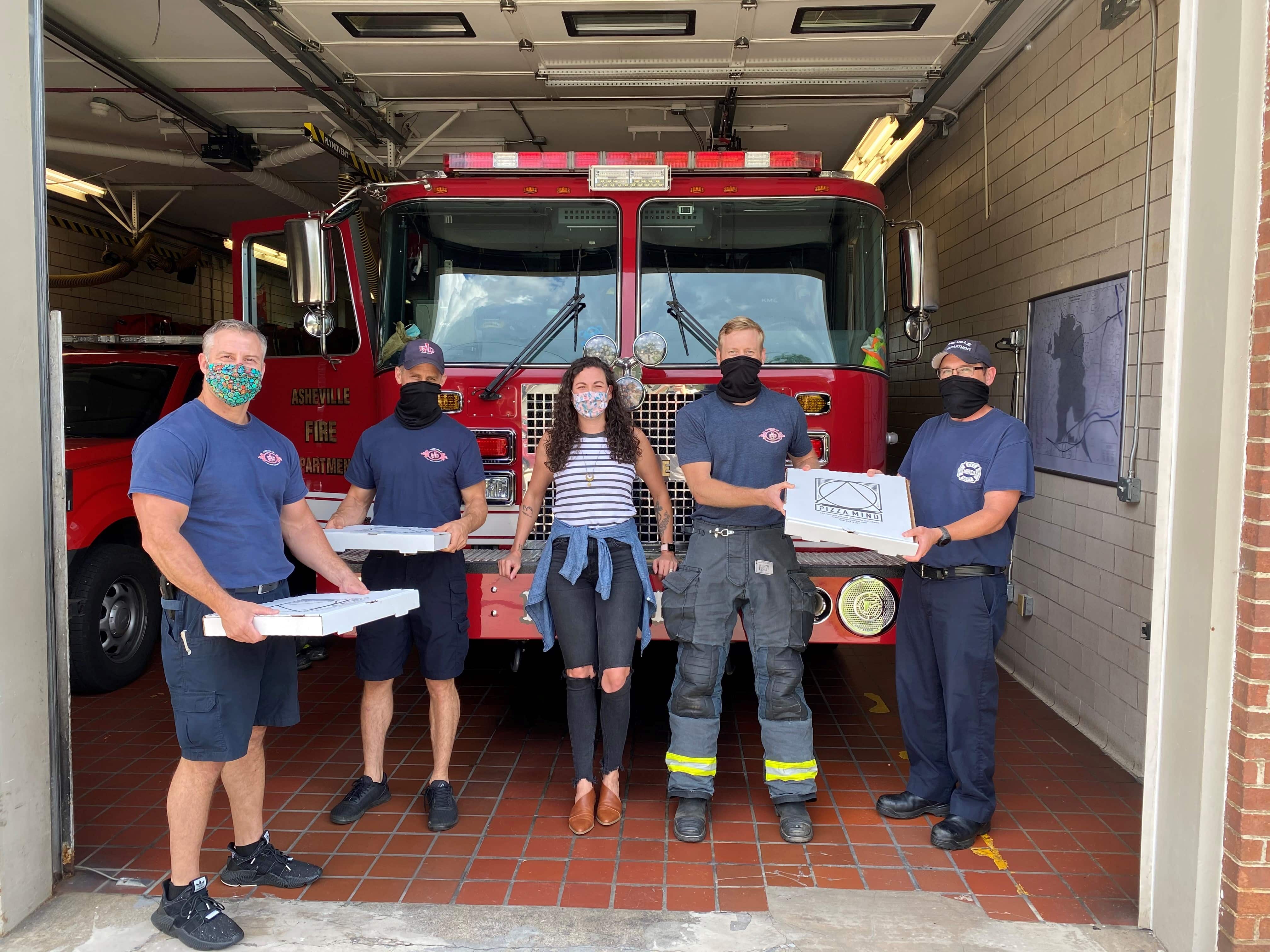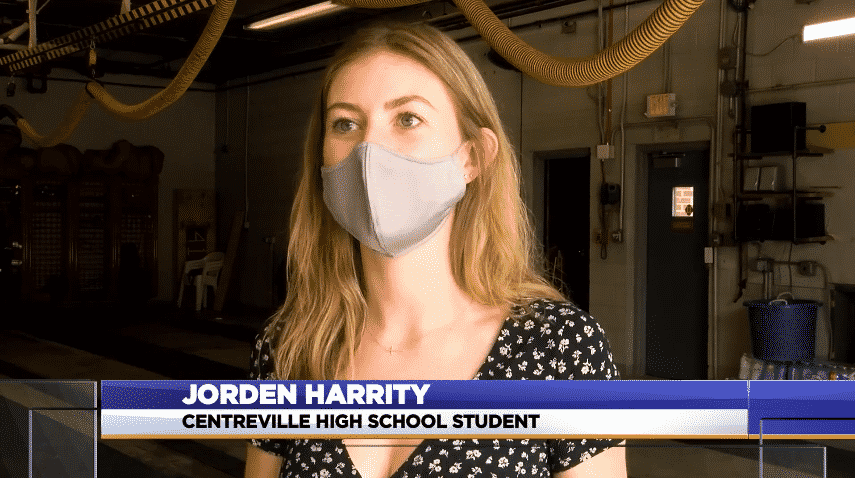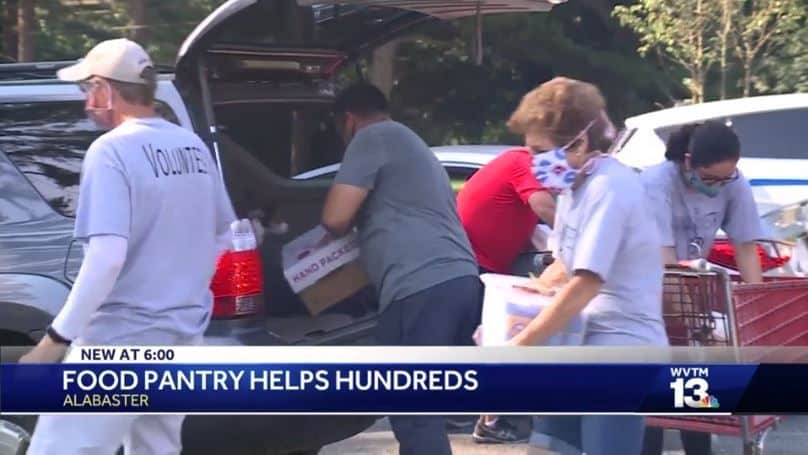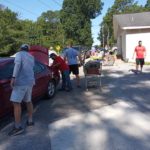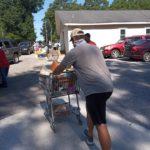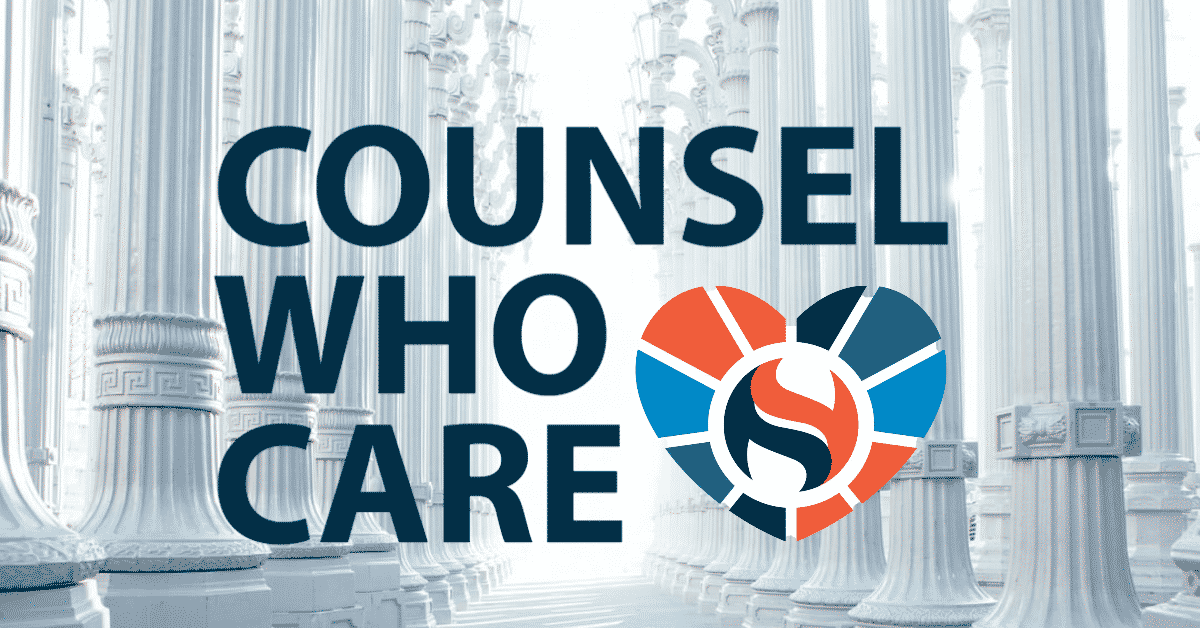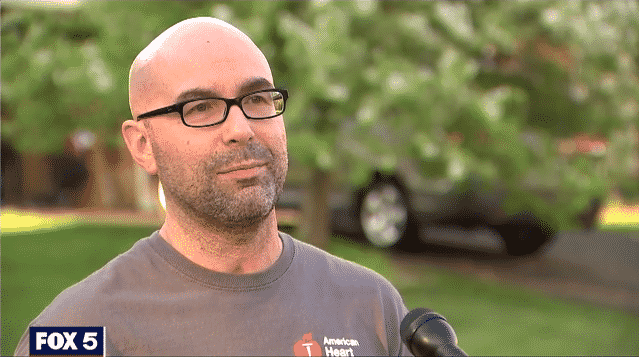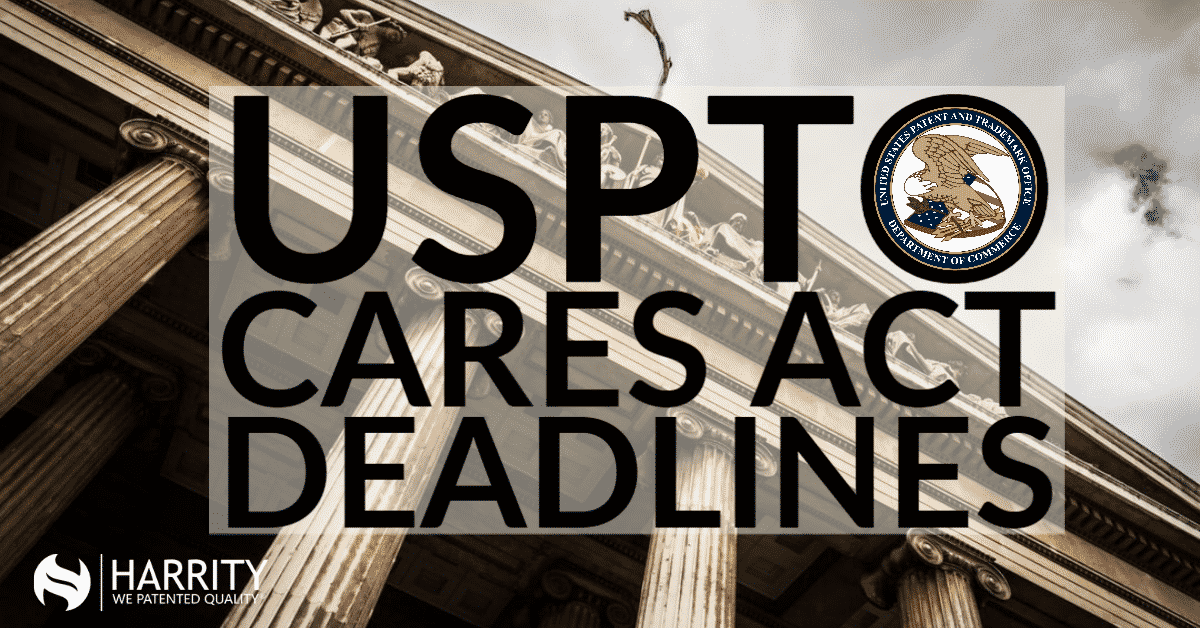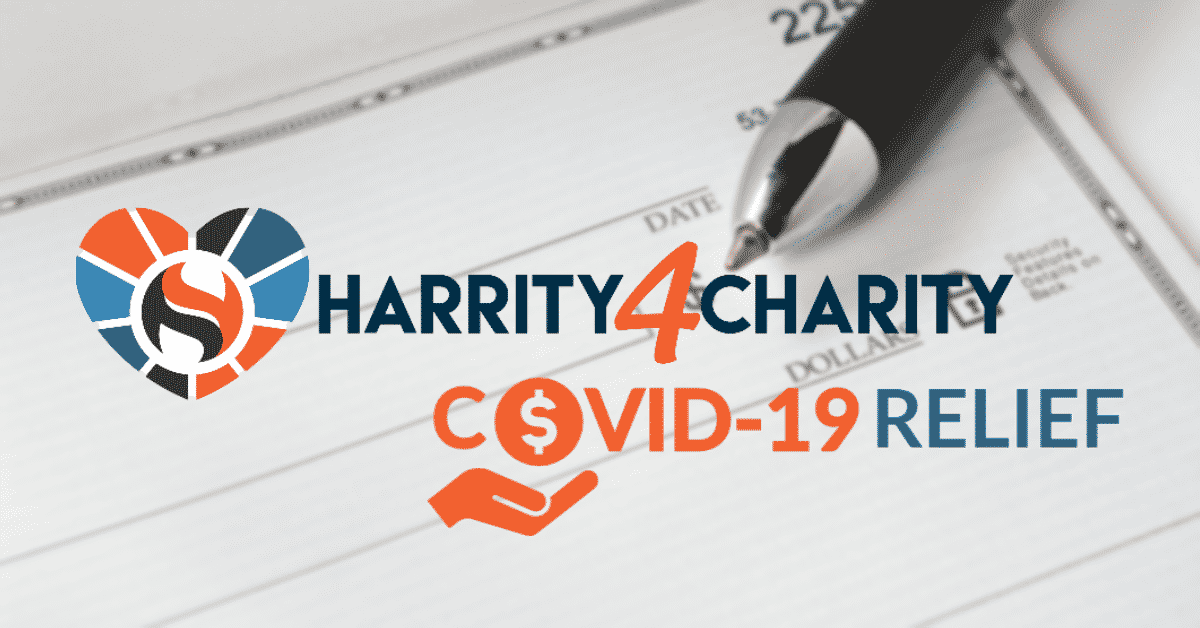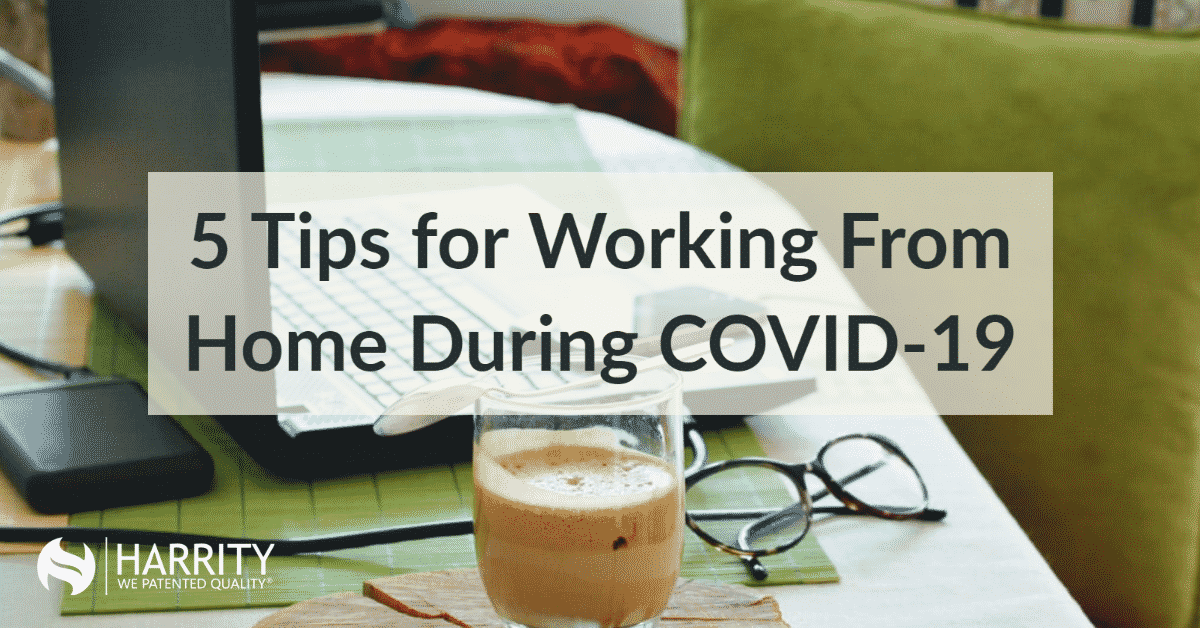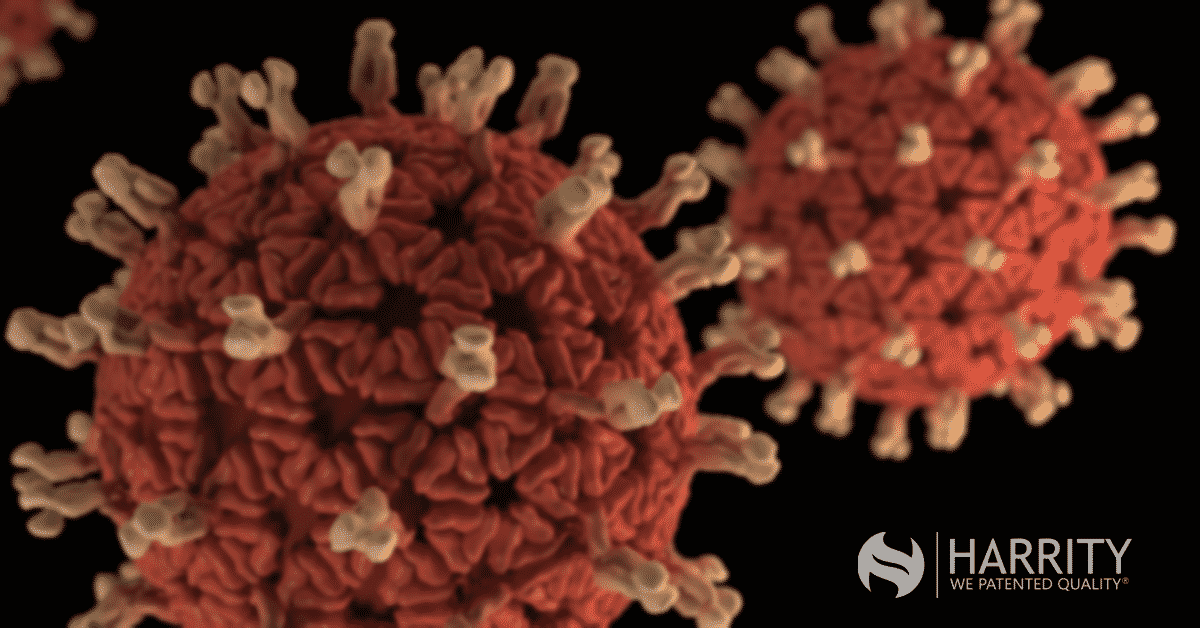As the coronavirus, or COVID-19 outbreak continues to spread across the nation, companies small and large are beginning to express concern over the potential effects the virus will have on business operations. Many communities have begun closing schools and public centers, postponing social events, and encouraging citizens to stay home. This inevitably is causing disruptions in the workforce as businesses decide what precautions to take and how to prepare for emergency responses in the event their own employees are diagnosed.
John Harrity, Managing Partner of IP boutique Harrity & Harrity, LLP, sat down for an interview for Law Practice Today, the webzine of the American Bar Association’s Law Practice Management Division, regarding how his firm is responding to the outbreak.
Q: What kind of relevant preparedness plans did the firm already have in place prior to the outbreak of the coronavirus?
A: We have previously thought about disaster recovery preparedness and what that would entail. In recent years, we have implemented an optional remote policy for all attorneys and allow in-office employees to work from home once a week. This allows us to ensure that everyone in the firm is equipped and fully able and accustomed to remote work. If the building closes, if there is an emergency incident, if there is a health concern, we are fully prepared to have both attorneys and staff telework.
Q: Has the firm implemented any policies yet regarding traveling or working from home?
A: In addition to the optional remote policy we already have in place, we have implemented further policies and recommendations in response to the outbreak. The first occurred within a few days of the virus reaching the US. We were monitoring the situation and released a memo to the firm that recommended not travelling via plane or attending a conference, if avoidable. If someone were to do either, they were instructed to not come into the office for the subsequent fourteen days to ensure no signs of symptoms- which typically arise within a two-week frame of contact with the virus. If someone were to show signs of symptoms, whether they traveled or not, they were also instructed to stay home. As the virus continued to spread, we distributed a second memo, in which we highly recommended that everyone work from home. The next step, if the virus continues to worsen in our area, would be a mandatory work from home policy.
Q: What steps have you taken (technological or otherwise) to make it easier for attorneys and other employees to work remotely, assuming that may eventually be necessary?
A: As mentioned, all of our employees are fully equipped to work from home with the same set-up we have in the office, including dual monitors and webcams. We are already paperless and cloud-based, allowing everyone to access necessary documents and systems whether or not they are in the office. With 60% of our firm already remote, we rely on video conferencing on a daily basis to conduct face-to-face meetings and utilize an instant messaging system for easy contact. Operationally, there is zero difference between how we were running two months ago to how we run today.
Q: What action will be taken if an employee is diagnosed with the coronavirus?
A: Currently, everyone is encouraged to work remotely to decrease the likelihood of the virus spreading if any employee were to be diagnosed. We additionally have an unlimited time off policy for attorneys and ample time off for staff, which can be utilized should they become sick. If sickness extends to a lengthy period of time, all employees have access to short term and long term disability through the firm, and fully paid medical benefits to receive proper treatment.
Q: What do you anticipate will be the biggest challenges for the firm in the days ahead as more people nationwide (and potentially at your firm) contract the virus?
A: Logistically, the spread of the coronavirus will have zero impact on our firm as a whole. If someone in the firm actually gets it, they of course would be impacted, but dependent upon the severity of their symptoms, are able to continue working remotely. However, there’s a possibility that, as companies require employees to work from home, schools close, and people become sick, there will be less innovation, which equals less filing. While we are prepared to continue operations as normal, our biggest anticipated challenge and what we have to prepare for is the impact from a workload standpoint. This may require attorneys to take some time off or become more involved in other aspects of the firm’s operations, such as business development, diversity initiatives, and charity until patent services pick back up.
Q: Have you announced any changes to HR/benefits policies to address potential scenarios that could arise, such as an employee becoming ill for an extended period of time or having to care for a family member?
A: Our benefits package, including medical care, ample PTO and disability, is already accommodating to a scenario like this. In addition to our remote policies, we allow employees to work flexible schedules, working whichever hours fit best within their personal schedule.
Q: What is your plan if numerous employees are unable to work due to having the coronavirus or caring for afflicted family members, or school closures?
A: With employees working from home and allowing them the flexibility to work whatever hours they need to, their production should not be affected. However, if they become sick, or need to prioritize the well-being of their family, they are welcome to utilize paid time off. From an attorney’s perspective, they have unlimited leave and can focus on the health of themselves and their families without repercussions. Staff starts at 23 paid days off, plus holidays, or can use disability if it comes to it.
Q: What are attorneys and staff expressing the most concern about?
A: With everyone already prepared and accustomed to working remotely, being aware of their benefits, and able to decide their own hours, we have not had anyone express concern about the virus.
Q: Is there anything else you’d like to share on this topic?
A: I just want to reiterate how beneficial our remote policy and flexibility have been during this scare. We have not had to worry about what our firm will do to keep things running, change our technology, train our employees on teleworking, or modify our operations, because we have already implemented all of these changes and were fully prepared.
Research shows that providing employees with flexible schedules and remote options is beneficial for morale, production, employee satisfaction, and business growth- all factors Harrity took into account when establishing these policies in recent years. A worldwide health crisis was not something on the radar while making these decisions but has proven to be a driving reason to support teleworking and flex hours in the current climate. By already having implemented these policies, Harrity employees were not only prepared, but generally unaffected by the firm’s recommendation to telework. While many other companies are dealing with the chaos of how to respond to the outbreak while keeping their operations running smoothly, it’s business as usual at Harrity. If possible, we encourage all businesses to implement a work-from-home policy in order to decrease the likelihood of the virus spreading and hope a resolution is near.
About John Harrity
John Harrity is the co-founder and managing partner of Harrity & Harrity, LLP, a boutique IP law firm focused on patent preparation and prosecution. John’s practice highlights his ample experience in the patent field, which includes client counseling, business management, and drafting and prosecuting hundreds of patent applications. In addition, John serves as the co-chair of the American Heart Association’s Lawyers Have Heart Race, one of the Washington, DC area’s largest philanthropic events.
